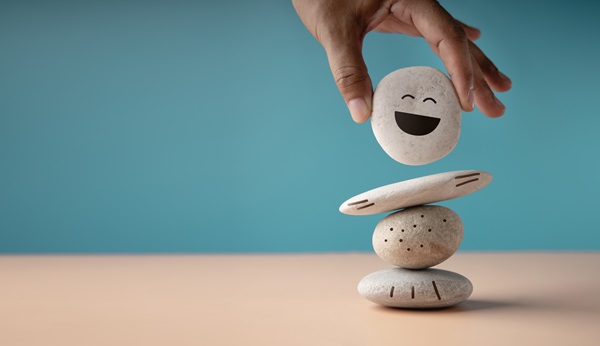How to Treat Adult ADD

If you are one of the many people living with adult ADD, you are probably wondering what the different options are when it comes to treatment. Some require medication, while other methods are simply therapeutic.
The good news when it comes to treating adult ADD is that there are a variety of simple treatments. These are things that you can start doing now that will help you manage your disorder.
Treating adult ADD
1. Medication
When most people think about treatment for ADD, they often think of popular medications that are used to address it like Adderall and Ritalin. These medications can be effectively used to manage adult attention deficit hyperactivity disorder. But, not all patients require medication as part of their treatment. Also, ADHD medication does not work for all patients.
ADD medication can help to improve a patient's concentration and attention span. But, it does not address other symptoms of ADHD like procrastination, forgetfulness, poor time management and disorganization.
Adult ADD medication works best when combined with other types of treatments. The medication becomes more effective when the patient also gets treatments that address their behavioral and emotional issues.
The effectiveness of ADD medication varies from patient to patient. The same goes for its side effects, but the benefits typically outweigh those.
Doctors will closely monitor their patients to determine how effective the medication is.
2. Exercise
Getting regular exercise is an effective way to alleviate the symptoms of adult ADD. It helps to improve concentration, mood, memory and motivation. Physical activity burns off the excess energy that can lead to impulsive behavior. It causes a release of dopamine, serotonin and norepinephrine in the brain. These chemicals improve the person's attention span and ability to focus.
Exercise actually treats the symptoms of ADD similarly to the way medication does. The main difference being exercise has no side effects besides being healthier and, perhaps, a bit sore from time to time.
Try to get some exercise every day. It does not have to be an intense workout each day. A 30-minute walk is enough.
When it comes to a fitness routine, it is best to pick something fun. Group activities with people you enjoy being around are a great option since the person will look forward to interacting with the group on days they might not be interested in working out.
Patients should find a physical activity they enjoy and make a commitment to do it regularly.
3. Relaxation techniques
Activities like breathing exercises, yoga and meditation can be used to reduce the symptoms of adult ADD. These activities improve mental awareness and they can be used to improve a person's attention span.
4. Therapy
Different types of therapy can be used to alleviate the symptoms of adult ADD and teach a person better coping skills. For example, cognitive behavioral therapy can be used to identify behavior patterns that have negative effects on the patient's personal and professional life and address them.
In conclusion
Living with adult ADD? Give us a call and explore the various treatment options in more detail. Dealing with adult ADD does not have to be done alone. With professional help, your symptoms can be managed effectively.
Request an appointment here: https://futurepsychsolutions.com or call Future Psych Solutions at (803) 335-5232 for an appointment in our Columbia office.
Check out what others are saying about our services on Yelp: Read our Yelp reviews.
Recent Posts
Counseling is a form of psychiatry treatment that focuses on one specific problem. This type of treatment can be extremely helpful to someone experiencing a behavioral, mental or emotional problem such as anxiety, depression or even addiction. Psychiatric counseling is done in a safe and controlled setting that allows patients to feel that they can be…
Although often overlooked, mental health is just as important as physical health. Whether you have a mental disorder or are going through a difficult time due to external factors, a psychiatrist can provide professional help. You can also follow several self-care tips outside of treatment to help make your mental health journey easier.Self-care is crucial…
Suboxone treatment has helped many who struggle with an opioid addiction find relief and live a higher quality life overall. Suboxone treatment, combined with other forms of treatment, is often very effective. Still, it is essential to know about the drawbacks of any potential treatment, including possible side effects.At Future Psych Solutions, patients can receive…
Curious about what can help your ADHD treatment work better? Read on to learn more. ADHD is a common neurodevelopmental disorder that affects millions of people worldwide. ADHD treatment options include medication and therapy. However, positive lifestyle changes can also significantly improve the symptoms and quality of life. This article covers different lifestyle changes that…


